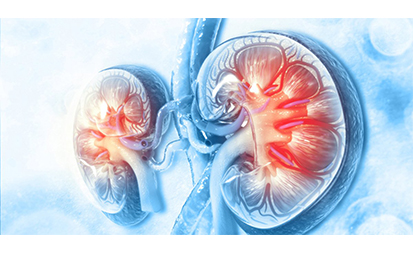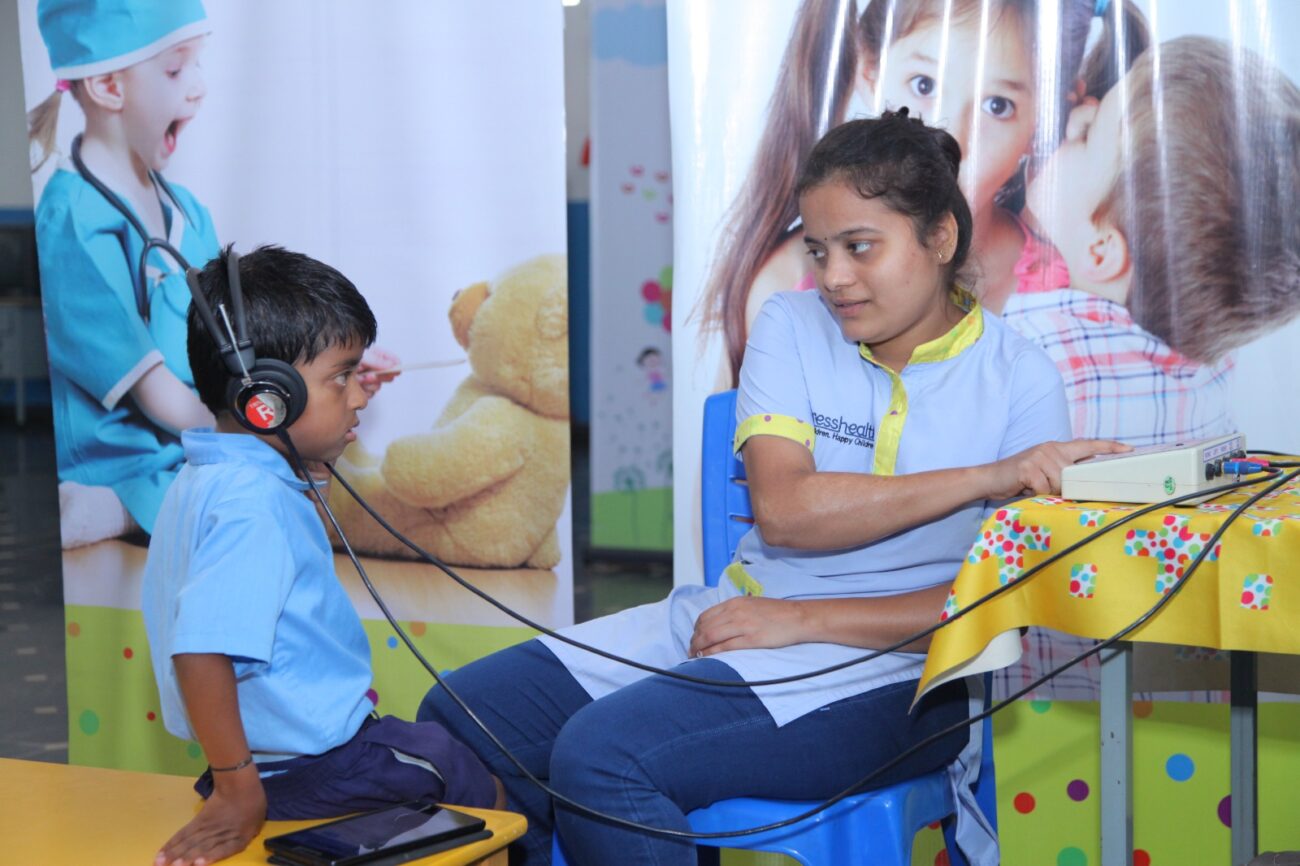Patients with chronic kidney disease look up to peritoneal dialysis as a treatment alternative
COVID-19 and the fear of stepping out forces patients to adopt at-home therapies The looming threat and fear of coronavirus has pushed people back inside their homes. The year 2020 showed us limitations in the healthcare

COVID-19 and the fear of stepping out forces patients to adopt at-home therapies
The looming threat and fear of coronavirus has pushed people back inside their homes. The year 2020 showed us limitations in the healthcare infrastructure, unable to support critical healthcare issues. The lockdown affected transportation, access to health care facilities, and availability of medicines and consumables as well as outpatient and inpatient services. Unfortunately, the second deadlier wave this year has had a worse impact which is seen on care of patients with non-communicable diseases, including those suffering from kidney-related ailments.
There are about 20 lakhs kidney disease patients added in India who require 34 million dialysis sessions every year. According to a recent Kidney International Report, a survey was conducted to determine the effect of lockdown on the care of patients with kidney disease. Approximately 710 (28.2%) patients missed one or more dialysis sessions, 69 (2.74%) required emergency dialysis sessions, 104 (4.13%) stopped reporting for dialysis, and 9 (0.36%) were confirmed to have died. Outpatient attendance in the surveyed hospitals came down by 92.3%, and inpatient service reduced by 61%. Tele-consultation was started but was accessed by only a small number of patients.
The lives of the patients with diabetes and kidney diseases have been in disarray as patients especially on Haemodialysis (HD) have to frequently visit hospital for dialysis. According to the Ministry of Health and Family Welfare (MoHF&W), people having co-morbidities like Chronic Kidney Disease (CKD) and on dialysis, are at an increased risk of contracting the deadly virus. CKD is a major cause of mortality and morbidity in India. So, as to avoid hospital-acquired infections in a healthcare setting, the energies shifted to video consultations, remote patient management and other measures for non-COVID-19 patients.
Patients suffering from diseases like chronic kidney disease, diabetes etc. are struggling to get timely treated. These patients are left unnoticed and untreated as hospitals and other health clinics have been converted into a COVID-19 treatment center. In such a scenario, patients who are suffering from CKD and are on haemodialysis find it difficult to travel to hospitals for their sessions as these visits can lead to getting contracted with COVID. Therefore, with advanced medical options, patients can now get treated with home-based Peritoneal Dialysis.
According to Dr. A K Bhalla Chairman and HO Dept of Nephrology, Sir Ganga Ram Hospital, New Delhi says, “The pandemic has changed our perception of healthcare delivery, making it more remote and digitized. We understand that dialysis is still a challenge and hard to access for a large number of patients especially for those living in remote rural areas. PD makes its easier. Advancement of internet facilities and application of latest technologies have enabled Remote Patient Management (RPM) through which we can easily keep a check on the condition of the patient conducting PD at home and we can monitor their disease and treatment daily, helping us make necessary changes in their prescription if required, see their treatment data, and be alerted by programmable flags if any problem arises”.
“With the excessive load on hospitals to prioritize COVID-19 patients, we must be open to moving towards remote patient management for other diseases, where feasible. As for kidney patients, home-based and cost-effective PD therapy can enable nephrologists to treat kidney patients at home rather than continuing with hemodialysis to aid the kidney failure population in the country. This will also enable both doctors and patients analyze and choose their choice of dialysis treatment based on the patient’s lifestyle. Moreover, PD will enable patients to embrace the dialysis treatment from the comfort of their homes without hampering their financial situation and secure them from the risk of acquiring COVID-19 or any other infection while making hospital visits. The advancement enables patients to avail value added benefits of the painless, home-based, and cost-effective therapy”, Dr. Sagar Gupta, Consultant and HOD Nephrology & Kidney Transplantation, Metro Hospital, Faridabad.
PD allows patients to move freely at home and maintain a flexible lifestyle. One can perform the therapies per convenience without having to worry about visiting a hospital unlike the conventional Haemodialysis which demands a patient to visit a hospital 3-4 times a week. PD saves patients multiple clinic visits and is generally more cost effective and scalable as it can be carried out at home and has lower infrastructural requirements.
Despite PD’s potential advantages, its penetration in the country is very poor. According to a report, there were just about 8,500 patients on PD in India in 2019. However, with effective reforms in our healthcare system, such progressive decisions can address challenges pertaining to accessibility and quality healthcare in the country to reach even the vulnerable and the marginalized sections of the society.






